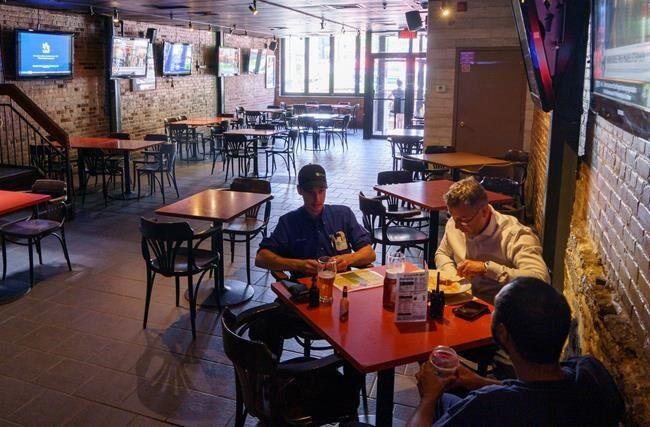Specific effects of the COVID-19 pandemic on Kelowna include a 32 percent increase in store closures and increased unemployment, as well as a decrease in transit and air travel.
Traffic on the city’s main streets fell 30 percent from March to June, with more people working from home. However, usage of the Okanagan Rail Trail by cyclists and hikers has increased by 25 percent.
For every person who works at home, greenhouse gas emissions drop by about 1.5 tons annually because they don’t drive as much, city officials say.
For the council meeting on Monday, the staff prepared a new report examining the effects of the pandemic on Kelowna from an economic, social and municipal planning point of view.
It includes suggestions on how short-term planning decisions could be influenced by the pandemic, which are claimed to be beneficial in tackling “climate change, building healthy communities and economic inequality”.
“For example, investing in transport infrastructure could encourage walking and cycling to encourage lasting behavioral changes that lead to cleaner modes of transport and a greener and fairer city for all,” says part of the report by planners Ross Soward and James Moore .
The city should also move away to encourage large retail developments that are relatively far from where they live and prefer more shopping areas in the neighborhood, Soward and Moore say.
“Most people who live in suburbs rely on a car to get out of their neighborhood and drive to bustling large box retailers (e.g. Costco or Orchard Park Mall) for many of their daily needs, leading to increased greenhouse gas emissions and equity issues performs “Soward and Moore Write.
“The lack of local shops and services is of greater concern during the pandemic as people turn to crowded large stores while health officials urge Canadians to avoid large crowds as much as possible,” they write.
Citing Statistics Canada, the report said 1,549 businesses in the greater Kelowna area have closed so far this year, compared to 1,179 in 2019, a 32 percent increase. However, these numbers only compare the January to April period in both years.
Statistics Canada currently shows on its website that there were 5,381 companies operating in the Greater Kelowna area as of June this year, a 10 percent decrease from 5,875 companies in January.
From January to June of this year, 2,247 businesses in the Kelowna area closed while 1,722 opened. The comparable figures for the first half of 2019 were 1,777 store closings and 1,777 store openings.
Including the numbers for the second quarter, store closings in the greater Kelowna area in the first half of this year were 26 percent higher than in the same period last year.
The number of transit drivers decreased by 50 percent compared to the previous year, while the number of passengers at the airport fell by 57 percent.
The current unemployment rate in the greater Kelowna area stands at eight percent, after peaking at 10.2 percent in May and above 5.9 percent in March, before economic conditions changed due to the job losses caused by the pandemic as well as the permanent and temporary business closings deteriorated.
None of the 943 full-time workers in the city have been laid off because of the pandemic.










